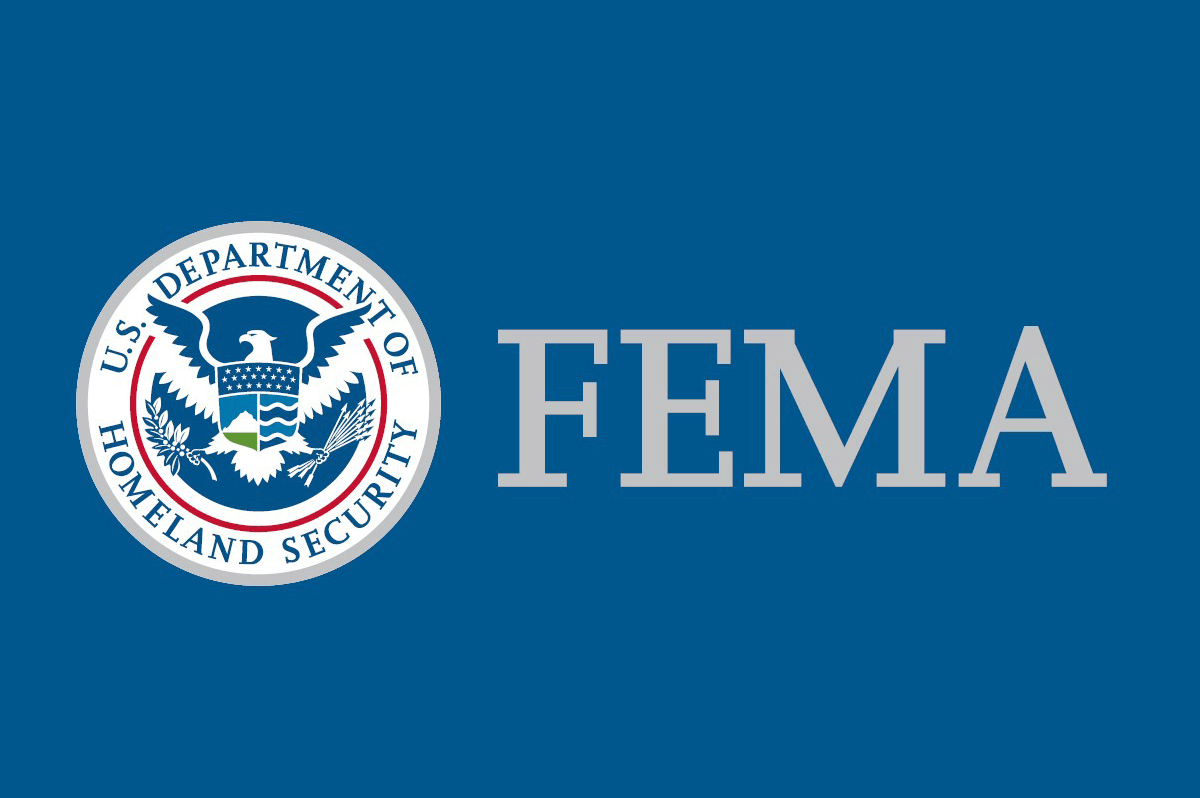Countries around the globe are facing unprecedented and rapid change due COVID-19. South Africa is no exception, with the government introducing various relief schemes and new regulations in response to the devastating socioeconomic impacts of the pandemic. These developments have important implications for businesses and individuals in South Africa.
In early March 2020, after COVID-19 had already begun its journey of destruction around the world, the European Commission (Commission) published its Comprehensive Strategy with Africa, outlining the region’s plans for its new, stronger relationship with the continent. The Commission had earlier stated that 2020 would be a pivotal year for the European Union’s relationship with Africa, as it looked to position itself as a close ally of the region.
As the consequences of the near-worldwide Covid-19 lockdown retain their relentless grip on global and local supply chains, some South African parastatal companies are invoking “force majeure” as a provision for not being able to fulfil client-service provider agreements. This, in turn, is further constricting the ability of local supply-chain and logistics firms to deliver, with challenges and detrimental impacts mounting.
On 28 April 2020, the Litigation Chamber of the Belgian Data Protection Authority (DPA) sanctioned an organization with a fine of EUR 50,000 for non-compliance with the requirements related to the appointment of its DPO under Art. 38(6) of the GDPR. This Article states that the Data Protection Officer (DPO) may fulfill other tasks and duties, but that the controller or processor must ensure that any such tasks and duties do not result in a conflict of interests.
Progress on the reform of LIBOR has not stopped during the COVID-19 pandemic. While the overall timing for LIBOR transition has remained unchanged, the Working Group on Sterling Risk-Free Reference Rates (RFRWG) has recognized the need to introduce some flexibility in relation to the interim transition deadlines to ensure that lenders are able to continue to supply credit to the real economy and assist with economic recovery.
Directors of Australian companies face significant personal monetary — and potential criminal and adverse professional — consequences if they allow the company to trade whilst insolvent. Australian insolvent trading laws are harsher, and more frequently utilised to prosecute directors personally, than in many other jurisdictions including in the US and the UK. Accordingly, frequent assessment of a company’s solvency by its directors is crucial, particularly in financially difficult times, as are active steps to address any potential insolvency.
On 7 April 2020, the Federal Emergency Management Agency filed a temporary final rule in the Public Inspection issue of the Federal Register to establish export restrictions on certain types of personal protective equipment products used in the response to the COVID-19 pandemic.
On 16 April 2020, the Hong Kong Competition Commission introduced significant reforms to its leniency policies, publishing substantial revisions to its corporate leniency policy aimed at businesses (Revised Corporate Leniency Policy) and a new leniency policy aimed at individuals (Individual Leniency Policy).
Baker McKenzie partnered with Risk.net in its annual ranking of the top operational risks for 2020. The report is based on a survey of operational risk practitioners across the globe and in-depth interview with respondents. It focuses on a range of issues, including digitalization, business resilience, organizational change, and geopolitical risks.
The Capital Market Authority continues to drive the development of the Saudi capital markets in furtherance of the Saudi Vision 2030’s Financial Sector Development Program with the issue of its draft proposed amendments to some of its key implementing regulations on 23 December 2019.











